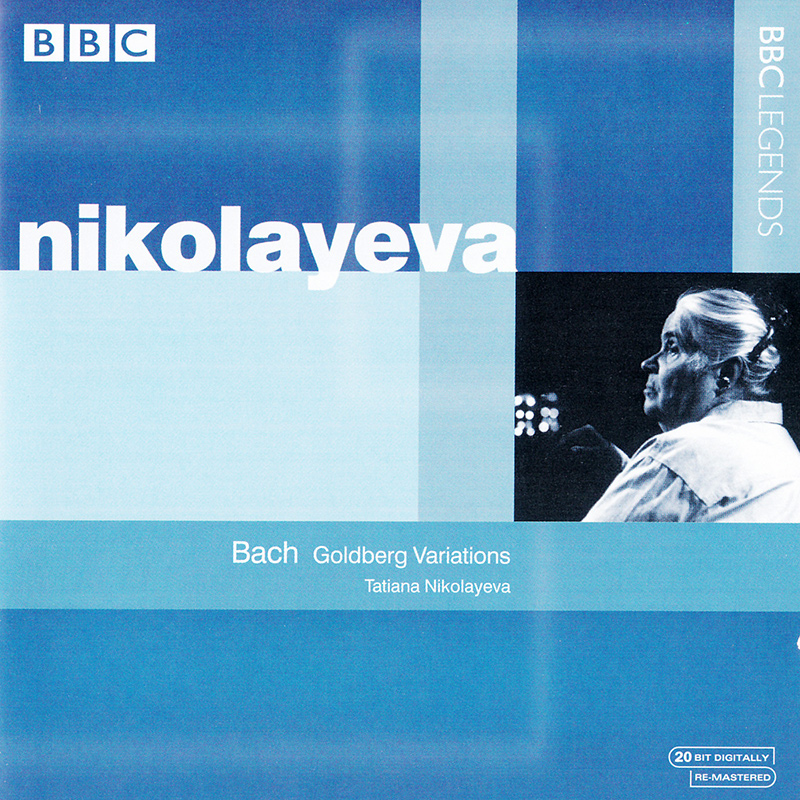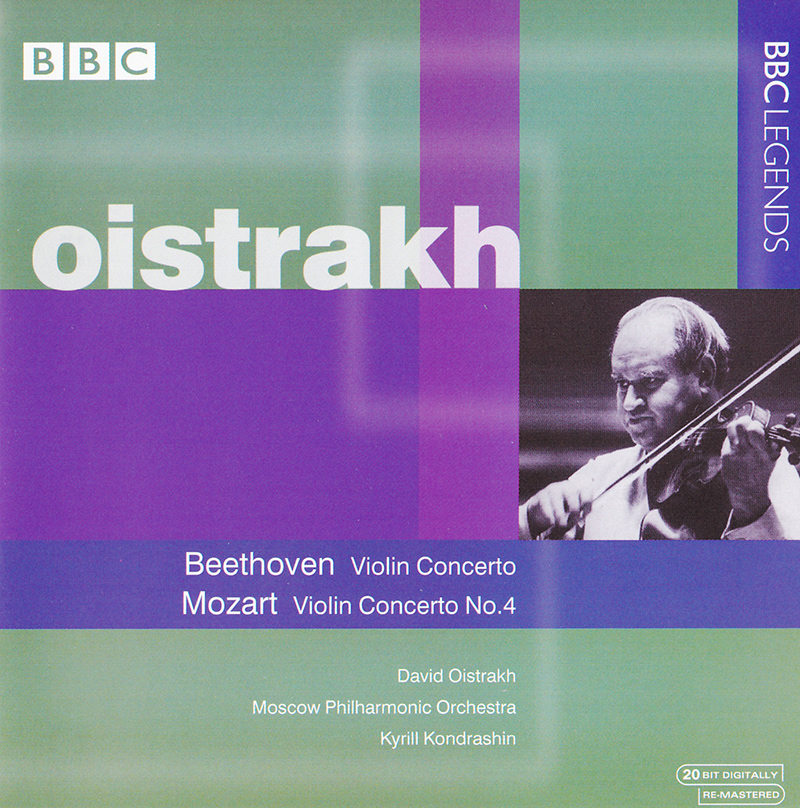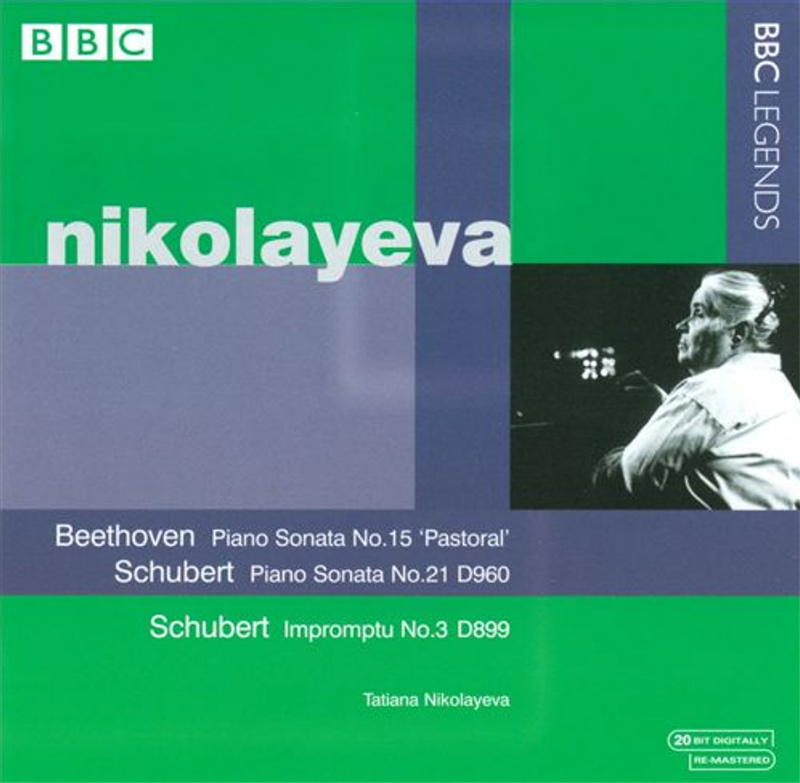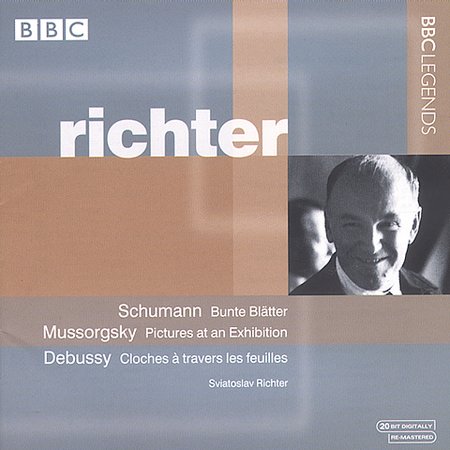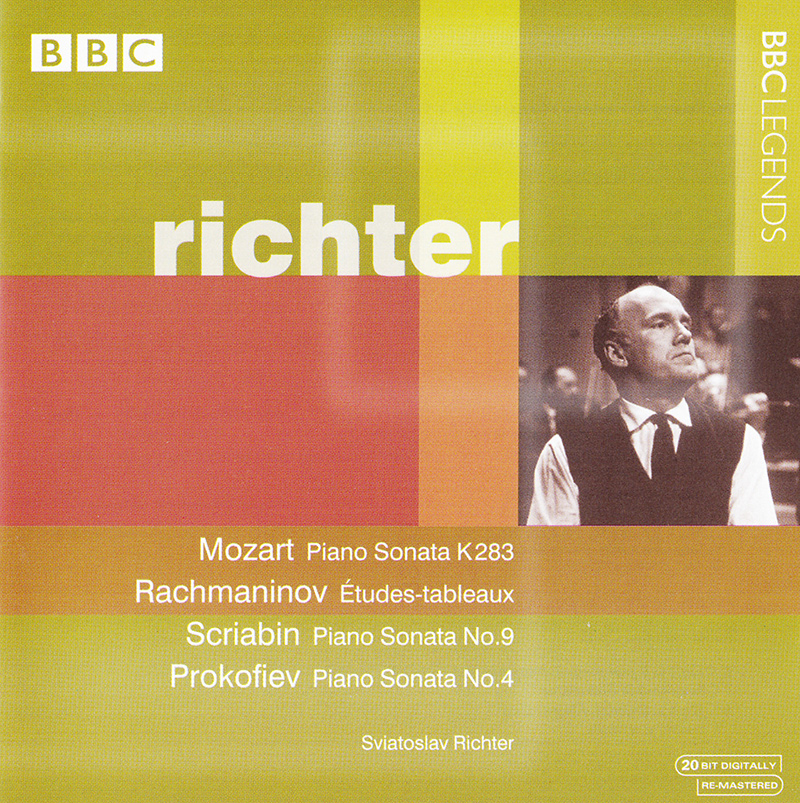Logowanie
OSTATNI taki wybór na świecie
Nancy Wilson, Peggy Lee, Bobby Darin, Julie London, Dinah Washington, Ella Fitzgerald, Lou Rawls
Diamond Voices of the Fifties - vol. 2
Tylko 1000 egzemplarzy!!!
DVORAK, BEETHOVEN, Boris Koutzen, Royal Classic Symphonica
Symfonie nr. 9 / Wellingtons Sieg Op.91
nowa seria: Nature and Music - nagranie w pełni analogowe
Petra Rosa, Eddie C.
Celebrating the art and spirit of music - vol. 3 - Pure
warm sophisticated voice...
Peggy Lee, Doris Day, Julie London, Dinah Shore, Dakota Station
Diamond Voices of the fifthies
Tylko 1000 egzemplarzy!!!
SAMPLER - STS DIGITAL, Buddy Tate, Milt Buckner, Walace Bishop
Jazz Masters - Legendary Jazz Recordings - v. 1
proszę pokazać mi drugą taką płytę na świecie!
Chesky! Niezmiennie perfekcyjny
Winylowy niezbędnik
ClearAudio
Double Matrix Professional - Sonic
najbardziej inteligentna i skuteczna pralka do płyt winylowych wszelkiego typu - całkowicie automatyczna
BACH, Tatiana Nikolayeva
Goldberg Variations, BWV 988 / Partita No. 5 in G Major, BWV 829 / Praeludium
It was Tatiana Nikolayeva (1924-1993) who won the first Leipzig Bach Competition in 1950, and this splendid account of the Goldberg Variations and two brief works (a “lunchtime” concert 10 November 1986 from St. John’s, Smith Square, London) well demonstrates her prowess in this music. Ever supple and magisterial, Nikolayeva’s playing is at once informed by the spirit of the dance: clear, energetic, buoyant and lithe as any kitten on the contrapuntal keys. The transitions between Bach’s constant stretching of the harmonic line emerge smoothly, without self-conscious mannerism, the individual chords and strands fluid, youthful, refreshed. The Variation 7 scampers alla musette, polished and refined, yet sweetly innocent. The aggressive variants–the canon at the seventh and the Variation 29, for instance–enjoy a muscular, jubilant resonance, easily comparable to the Bach we recognize from Tureck and Jambor. Listen to the articulate lines from the Fughetta, Variation 10, their light, pert filigree that hint at Glenn Gould’s influence, here four years after his death. The three-part canon at the fifth proves a special moment, rife with mirrored images and a rarified, mystical atmosphere Nikolayeva bestows upon its figures, prior to the florid French Overture that succeeds it. The Quodlibet, with its earthy, running figures that tell how “carrots and turnips have undone me,” cannily unite the timely and the timeless in harmonious measure, only to return to the pristine innocence of the opening Aria. Reverent applause leads to two encores, each a moment of singular repose: the first a shimmering staccato etude in deft, leaping and running motion; and finally, the familiar meditation from Cantata 147, a solemnly sweet paean to music as an emanation of the AlMighty. Some of the best Bach playing I expect to hear in 2008. — Gary Lemco





























